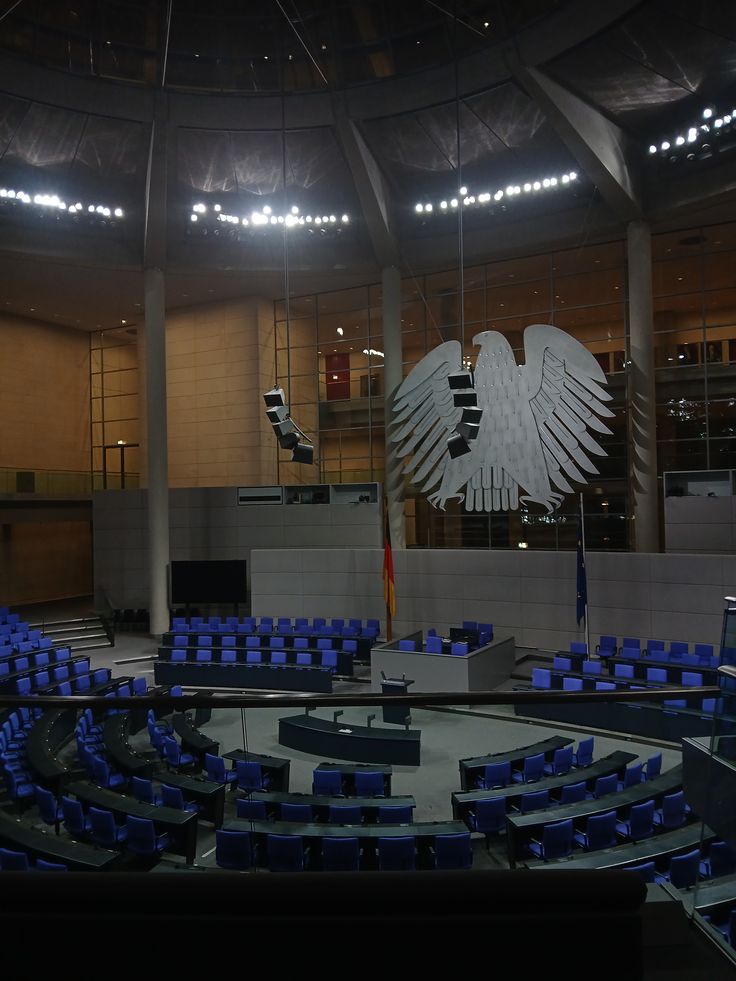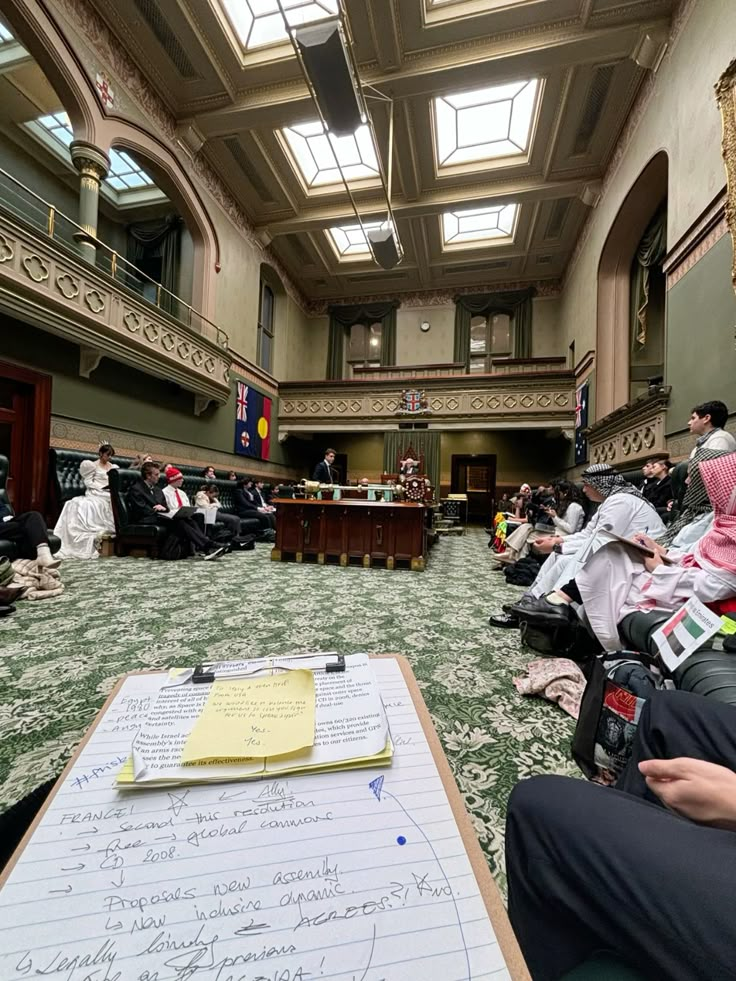The Political Order of a Free People: An Analysis of Hayek’s Vision

- Repoter 11
- 04 Jan, 2025
In the third volume of his monumental work Law, Legislation and Liberty, titled The Political Order of a Free People, Friedrich A. Hayek presents a profound vision of how free societies should be politically organized. Hayek’s central concern is preserving individual liberty within a stable and prosperous political framework. He critiques contemporary democratic systems and offers an alternative structure that he believes is better suited to maintaining a truly free society. Hayek argues that modern democratic governments have drifted away from the principles of liberty. Instead of protecting individual freedom, they have increasingly become mechanisms for redistributing wealth and satisfying competing group interests. This development, he warns, undermines the rule of law, corrupts democratic institutions, and leads to the expansion of arbitrary government power. In Hayek's view, the problem lies in the fusion of legislative and governmental functions. Legislators no longer focus on establishing general rules applicable to all, but instead create specific commands aimed at benefiting particular groups. This politicization of legislation erodes the very foundations of a free society. To address these issues, Hayek proposes a radical restructuring of government. He envisions a bicameral system featuring two distinct assemblies: One assembly, elected based on universal suffrage, would manage the administration and the day-to-day running of government. The other, composed of representatives elected at a more mature stage of life (around age 45), would be responsible solely for creating the general rules of law. These representatives would be chosen for longer, non-renewable terms to minimize political pressure and ensure that legislation remains focused on the general welfare rather than specific interests. Hayek's model aims to separate governance (administration) from true legislation (law-making). By clearly distinguishing between these functions, he hopes to restore the rule of law and protect individual freedoms from political encroachments. A central theme of Hayek's political thought is the principle of the rule of law. For a society to be truly free, the laws must be general, abstract, and apply equally to all individuals. Laws should guide actions, not dictate specific outcomes or favor particular groups. Hayek insists that liberty cannot survive when governments claim the power to direct economic and social life through discretionary decisions. Only when individuals can plan their lives according to known, predictable rules can genuine freedom flourish. Although written in the late 20th century, Hayek’s warnings about the dangers of expansive government and the erosion of law remain highly relevant today. His call for a political structure that emphasizes general principles over group demands, predictable rules over arbitrary commands, and individual freedom over state control continues to inspire political theorists, economists, and policymakers. Hayek’s vision is not merely a defense of classical liberalism; it is an urgent proposal for how political institutions must evolve if free societies are to endure.Introduction
The Crisis of Modern Democracy
Hayek’s Constitutional Proposals
The Rule of Law and Freedom
Hayek’s Legacy and Relevance
Conclusion
In The Political Order of a Free People, Hayek provides a powerful critique of modern democratic practice and offers a constitutional blueprint aimed at safeguarding individual liberty. His work challenges us to rethink the structure and purpose of political institutions, reminding us that the survival of freedom depends on strict adherence to the rule of law and the careful limitation of governmental power.
Leave a Reply
Your email address will not be published. Required fields are marked *




